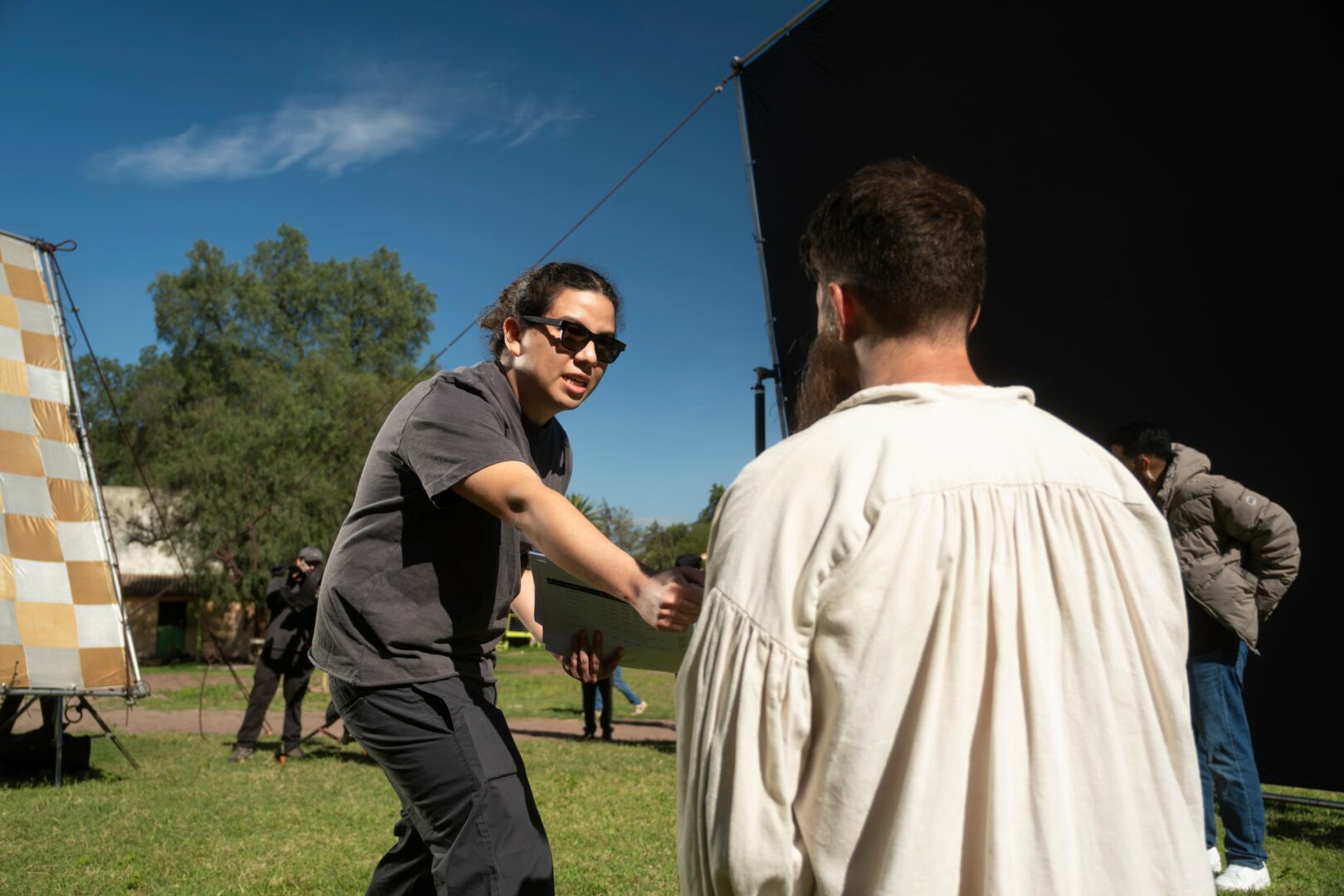We’re looking forward to introducing you to Abel B. Padilla. Check out our conversation below.
Abel , so good to connect and we’re excited to share your story and insights with our audience. There’s a ton to learn from your story, but let’s start with a warm up before we get into the heart of the interview. What are you being called to do now, that you may have been afraid of before?
I am currently editing Hopstanz, a project for which I have been serving as director. We just wrapped filming it. If you told me a couple of years ago that I would be doing this, I wouldn’t have believed you. It is an ambitious project, with numerous pieces moving around, multiple characters, and various settings. It’s a pleasure and a privilege to work on this story. It was a lot of fun being on set for this one. I am really looking forward to showing it to the world when its time comes, because with this film, we are exploring themes that are currently prevalent in our world.
Can you briefly introduce yourself and share what makes you or your brand unique?
I am Abel B. Padilla. I am a filmmaker. Alongside Antonio Saucedo Azpe, we recently co-founded a production company called Osohm, for which we have produced short films and live events. Our most recent project, Hopstanz, is currently in post-production. Previously, I worked in the music industry as a videographer. I began filming podcasts and live sessions with numerous artists. While doing that, I developed a curiosity for directing and met various collaborators with whom I have had the privilege of working to this day. Although I am not currently heavily involved in the music industry, I have the privilege of directing projects I am passionate about.
Great, so let’s dive into your journey a bit more. Who were you before the world told you who you had to be?
I was a teenager who aspired to be a musician. As a young kid, my dream was to graduate from high school and hit the road to be a drummer in a band. Of course, I wasn’t talented and disciplined enough to be a professional drummer. So I had to come up with a plan B. I was already watching a lot of films at that time, so I chose to become a filmmaker, mainly because, for me, it was the closest art form to music.
What’s something you changed your mind about after failing hard?
To listen to myself when my instincts say something. There were times in the past when I would make decisions without considering my instincts. Obviously, the results taught me to trust my instincts. And it is not that easy because many factors play a role when making decisions, and a lot of opinions have to be taken into consideration. However, if our internal radar indicates that something is off or that we should go against the current on a decision, time has taught me to heed that internal warning.
I think our readers would appreciate hearing more about your values and what you think matters in life and career, etc. So our next question is along those lines. What’s a belief you used to hold tightly but now think was naive or wrong?
I used to have the naive idea that things come naturally just by manifesting them. Over time, I realized that things don’t come unless you go out there, work hard, and fight for them.
Okay, so let’s keep going with one more question that means a lot to us: If you laid down your name, role, and possessions—what would remain?
A human being who puts in daily effort to become a better friend, son, and/or co-worker, always seeking to improve and build meaningful relationships.
Contact Info:
- Website: https://www.abelbpadilla.com
- Instagram: @abel_b_p
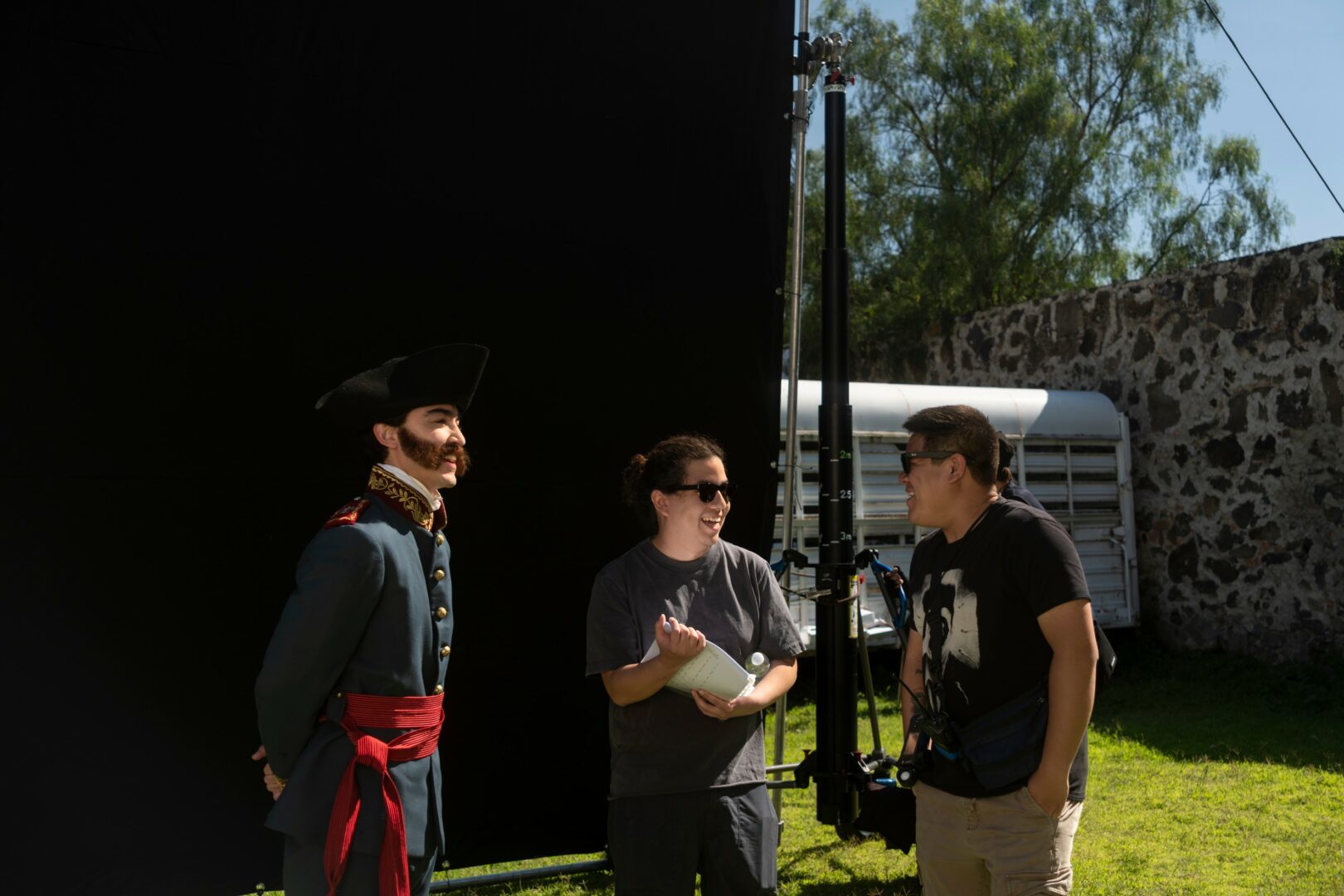
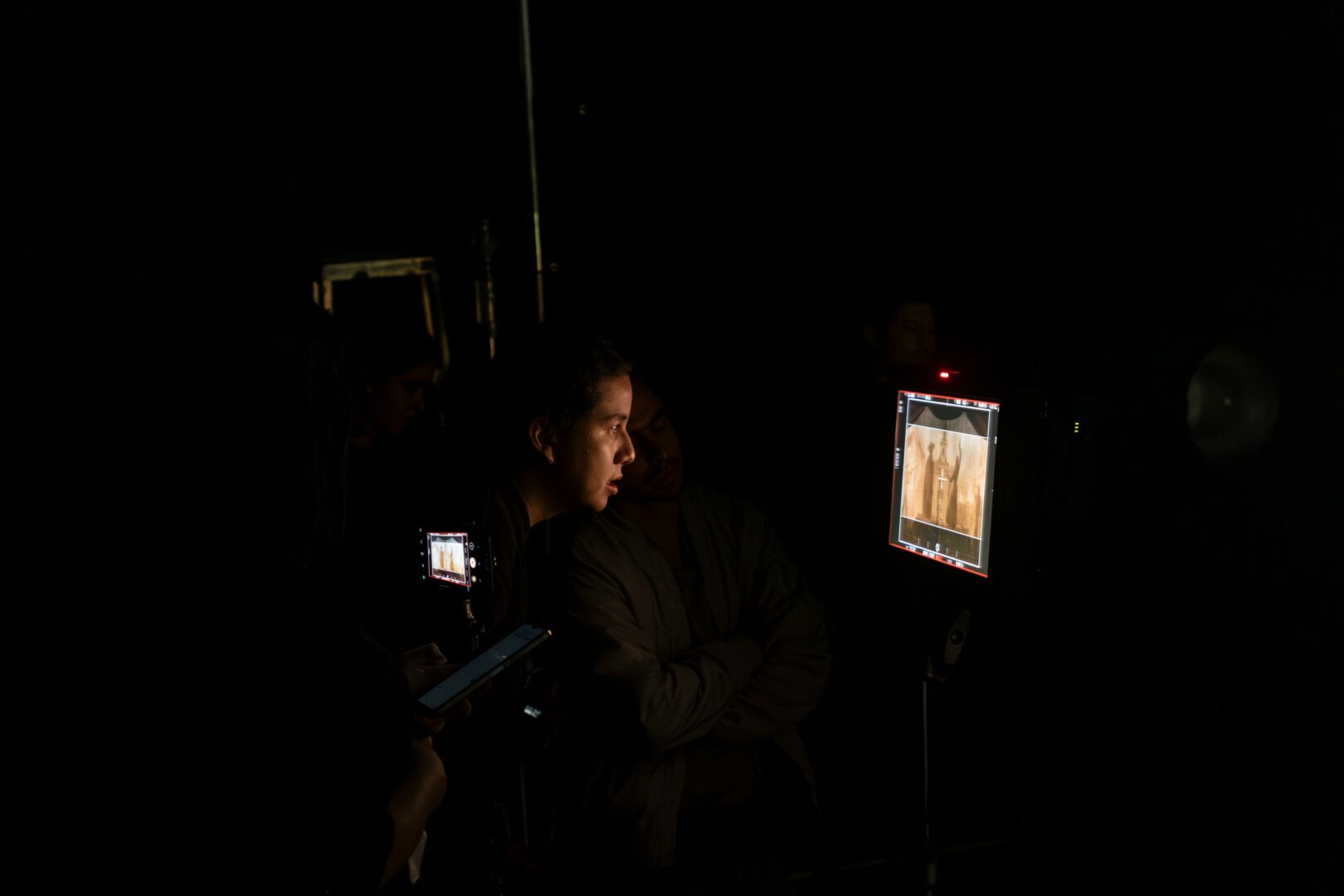
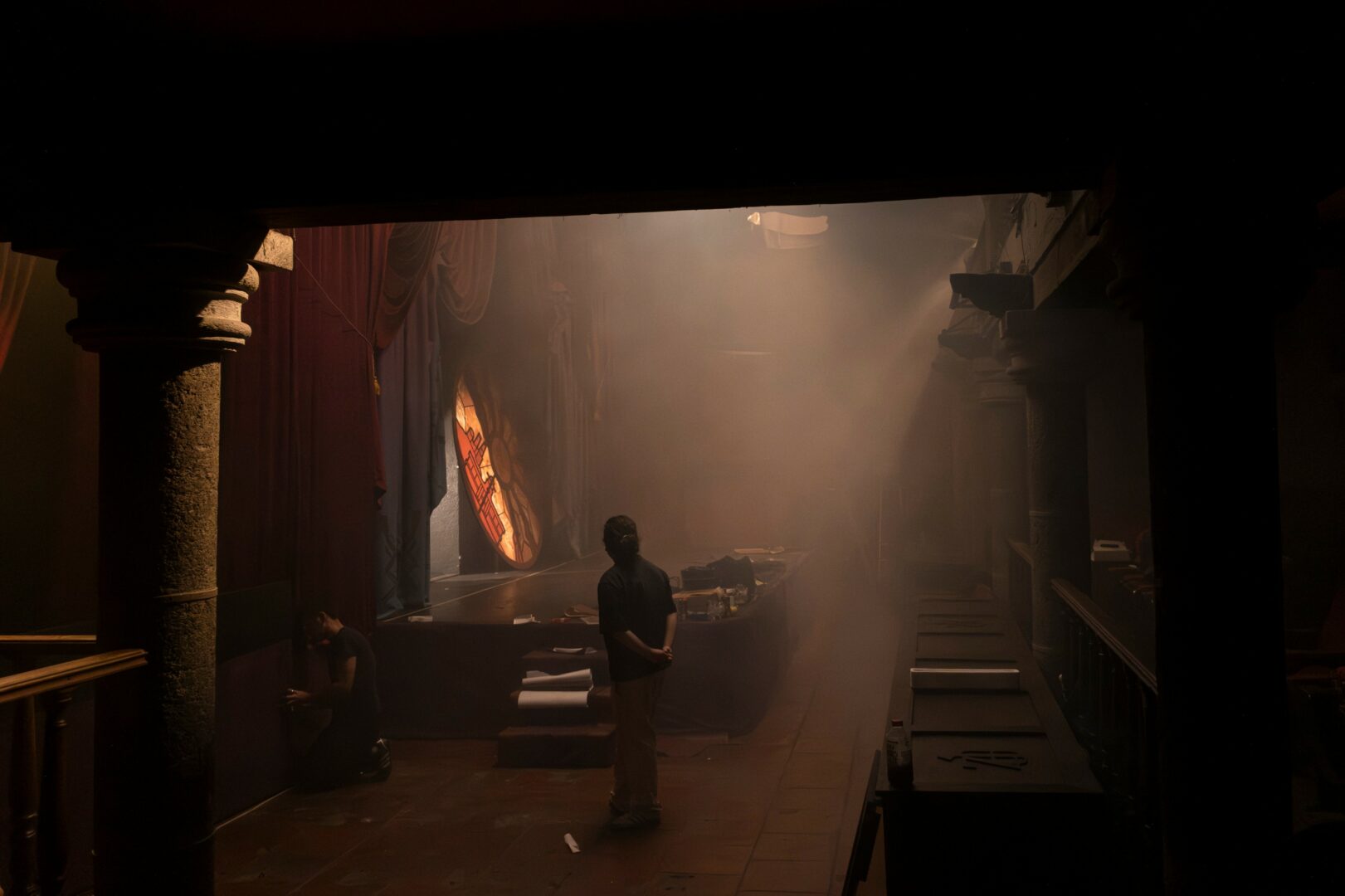
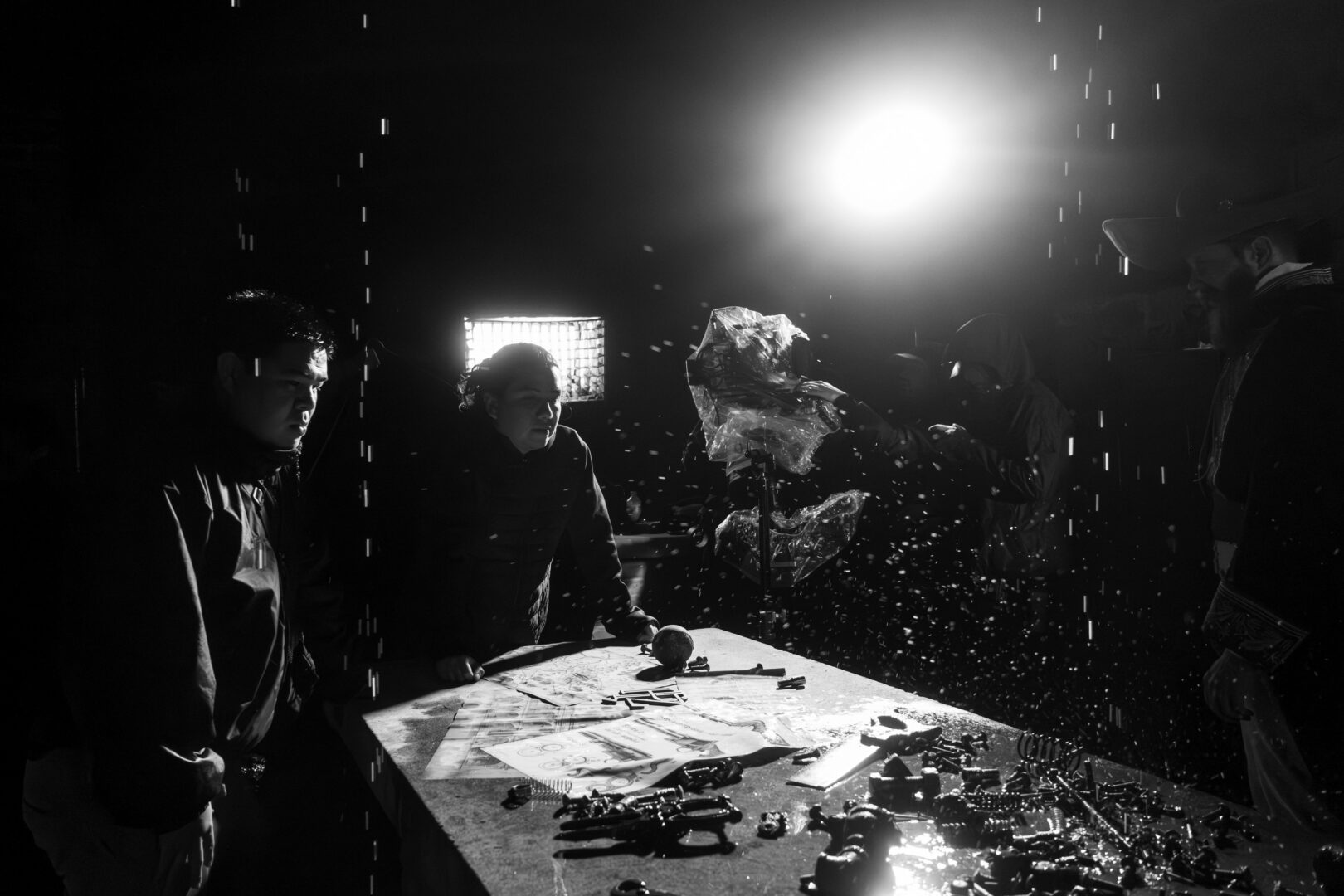
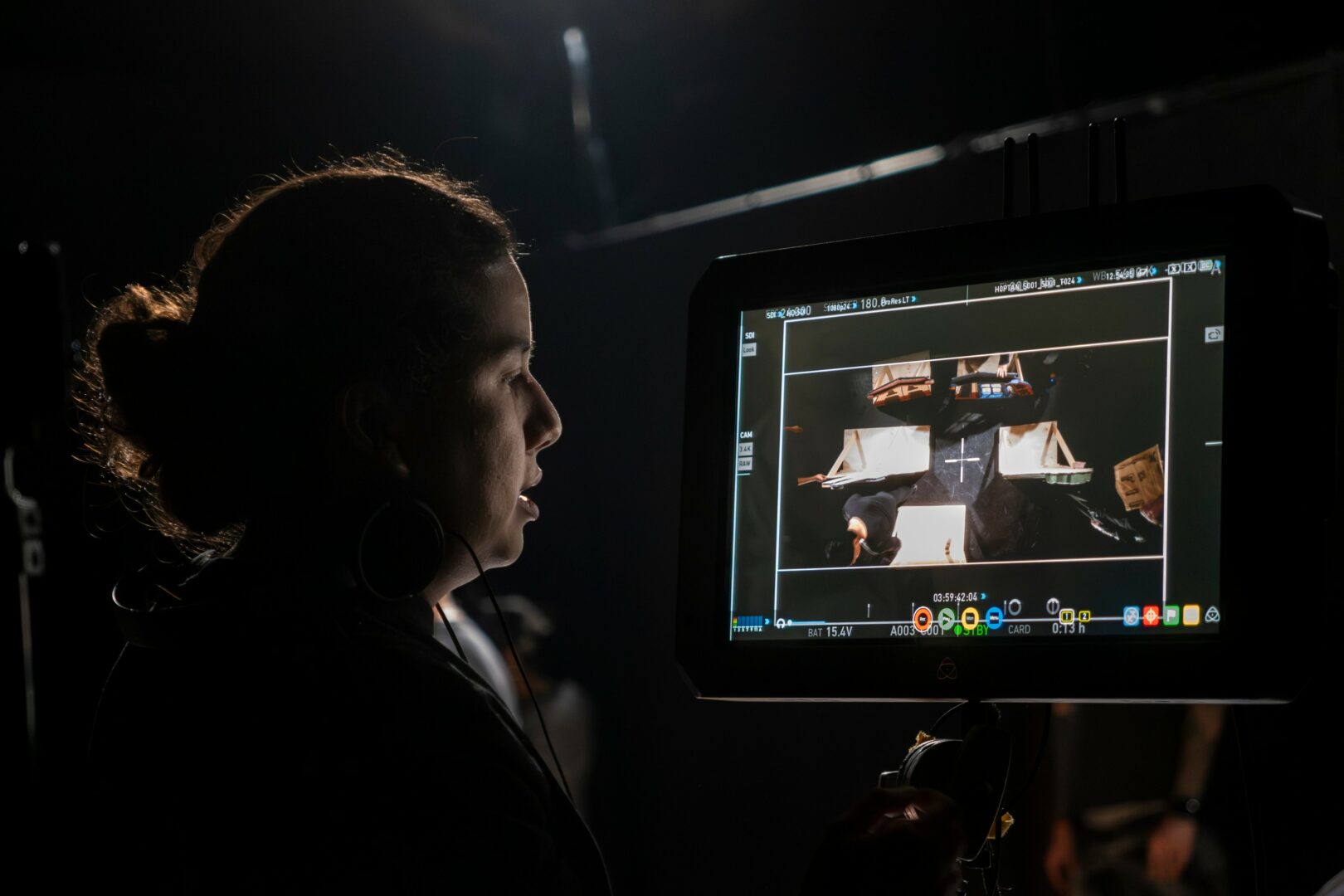
Image Credits
Mar Ojeda
so if you or someone you know deserves recognition please let us know here.

